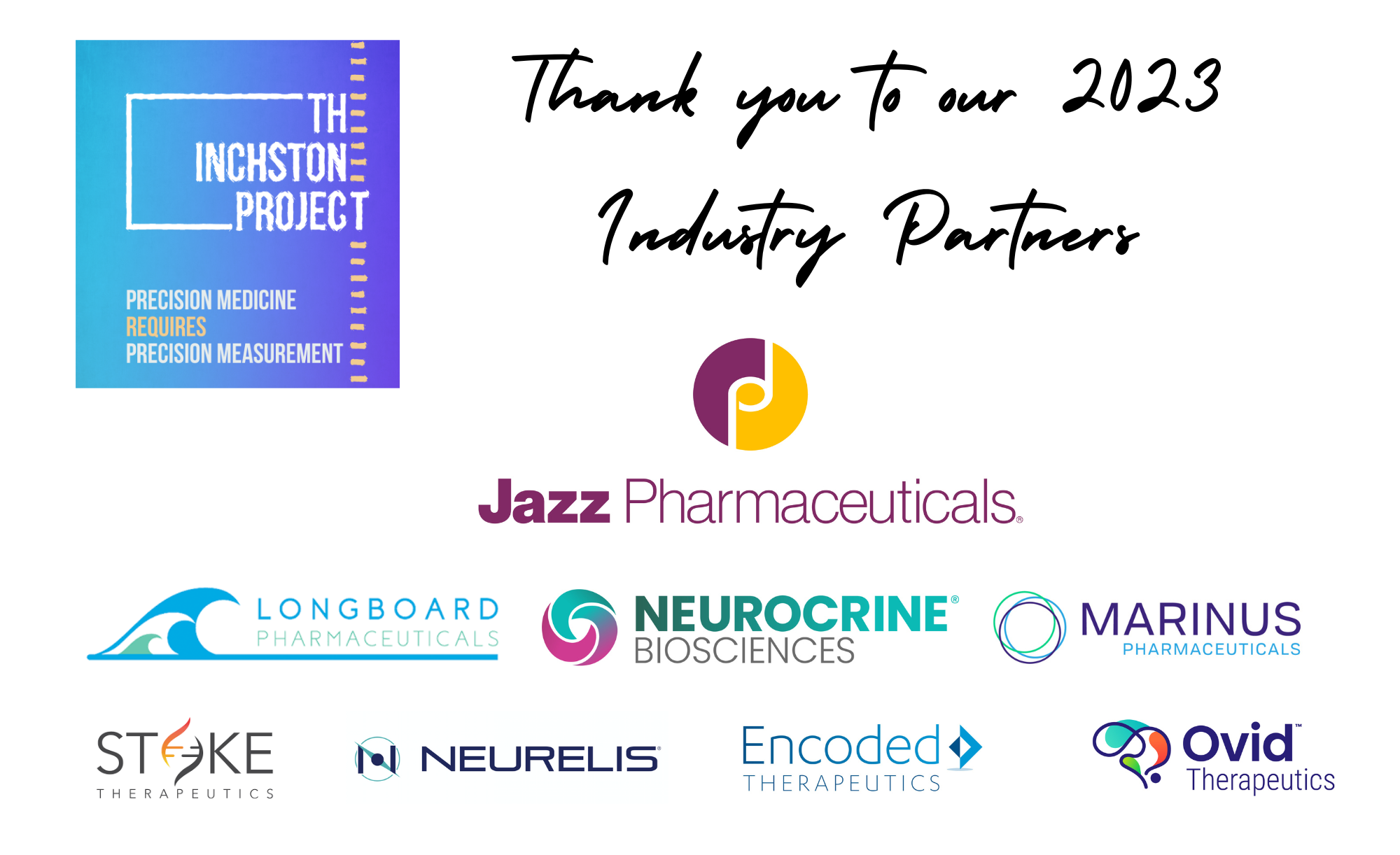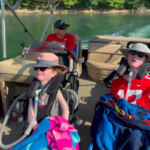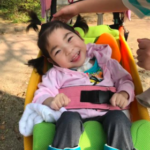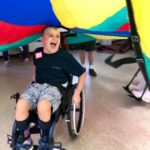
Precise Measurements for Those Severely Affected by Epilepsy
Countless new targeted or gene-based therapies are nearing trials which could be jeopardized by the absence of tools to capture small but significant improvements in populations who routinely fall 3-5 standard deviations below the mean and are not currently measured. With the nearing of clinical trials for many rare epilepsy communities, we began to feel the urgency for outcome measures that would actually measure the smaller improvements our children make over time—the inchstones, not milestones.
The Inchstone Project is a multidisciplinary group of consumers, stakeholders, researchers and clinicians collaborating to accelerate outcome measures development. Our goal is to have FDA approved measures that have been adapted to work for those severely impacted DEEs within 5 years.

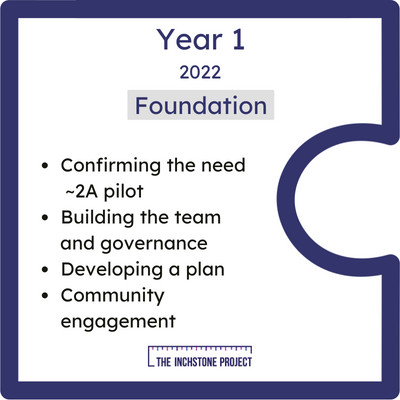
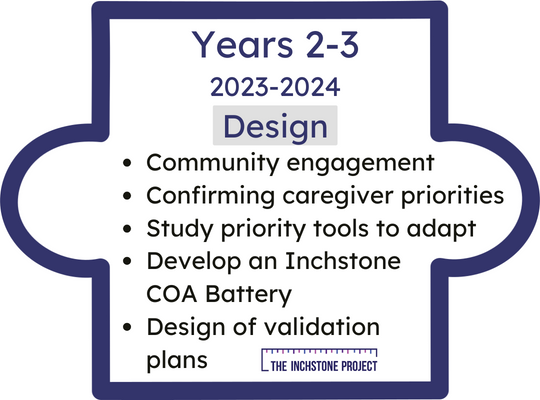
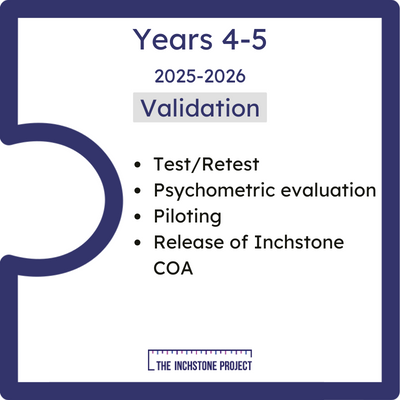
Check Out Our Progress
Listen in for all the latest updates on the Inchstone Project. Get details on all the work being done to provide tools for measuring change in DEEs.
Explore Research Impact: Inchstone Project Results
Meet the Leadership Team : Inchstone Steering Committee
Inchstone Principal Investigators: Inchstone Researcher Bios
Inchstone provided feedback to the FDA on their drafts guidance "Patient-Focused Drug Development: Selecting, Developing, or Modifying Fit-for-Purpose Clinical Outcome Assessments". You can read our detailed feedback HERE.
Stay updated on the latest in DEE research. Sign up now for exclusive insights and progress reports.
